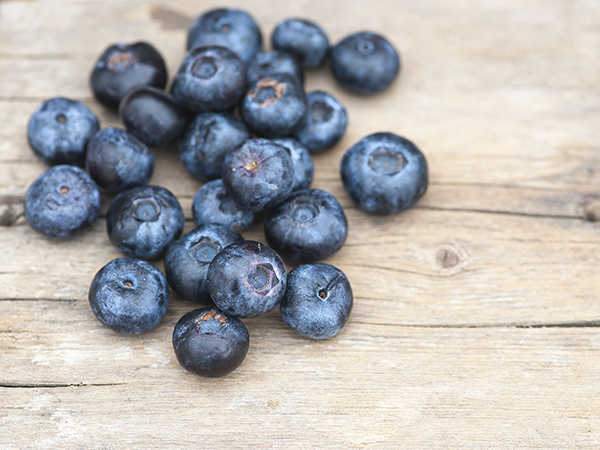Levinia Clark is the Manager of Nutrition Services at GA Foods. This is the fourth and final post in a series of articles about managing chronic diseases with medical nutrition therapy.
Cardiovascular disease is the leading cause of illness and death in the United States. The American Heart Association reports that a jaw-dropping 81.1 million American adults have at least one type of cardiovascular disease.
A diet high in saturated fat is a major risk factor for heart disease. Consuming a lot of saturated fat will elevate the body's cholesterol levels, cause cholesterol to accumulate in the arteries, and increases the chance of becoming obese due to the high caloric intake. While many people choose to follow a vegetarian diet due to cultural and religious beliefs, some choose a vegetarian diet to help restrict their intakes of saturated fats and cholesterol.
What are the advantages of a vegetarian diet?
Vegetarians have a reduced risk of cardiovascular disease, and have a lower body mass index and lower risk of obesity. Vegetarian diets have been associated with improved health outcomes. In fact, several clinical trials have documented that vegetarian eating patterns lower blood pressure. On average, vegetarians consume more fiber, potassium, and vitamin C than non-vegetarians do.
What does a balanced vegetarian diet look like?
A vegetarian does not eat any meat, fish, or poultry. A lacto-ovo vegetarian will include dairy prodcuts and eggs in his diet. Like all vegetarian's diets, the lacto-ovo diet includes an abundance of plant-based foods, including vegetables, fruits, beans, lentils, nuts, seeds, and whole grains, which provide an array of health-protective nutrients, such as fiber, vitamins, minerals, antioxidants, and phytonutrients.
A balanced lacto-ovo vegetarian diet should include six to eleven servings of whole grains, three to five servings of vegetables, two to four servings of fruit, three servings of dairy, and two to three servings of beans, nuts, and eggs. To make sure that you are meeting all of your nutrient needs, include a variety of foods from each group.















